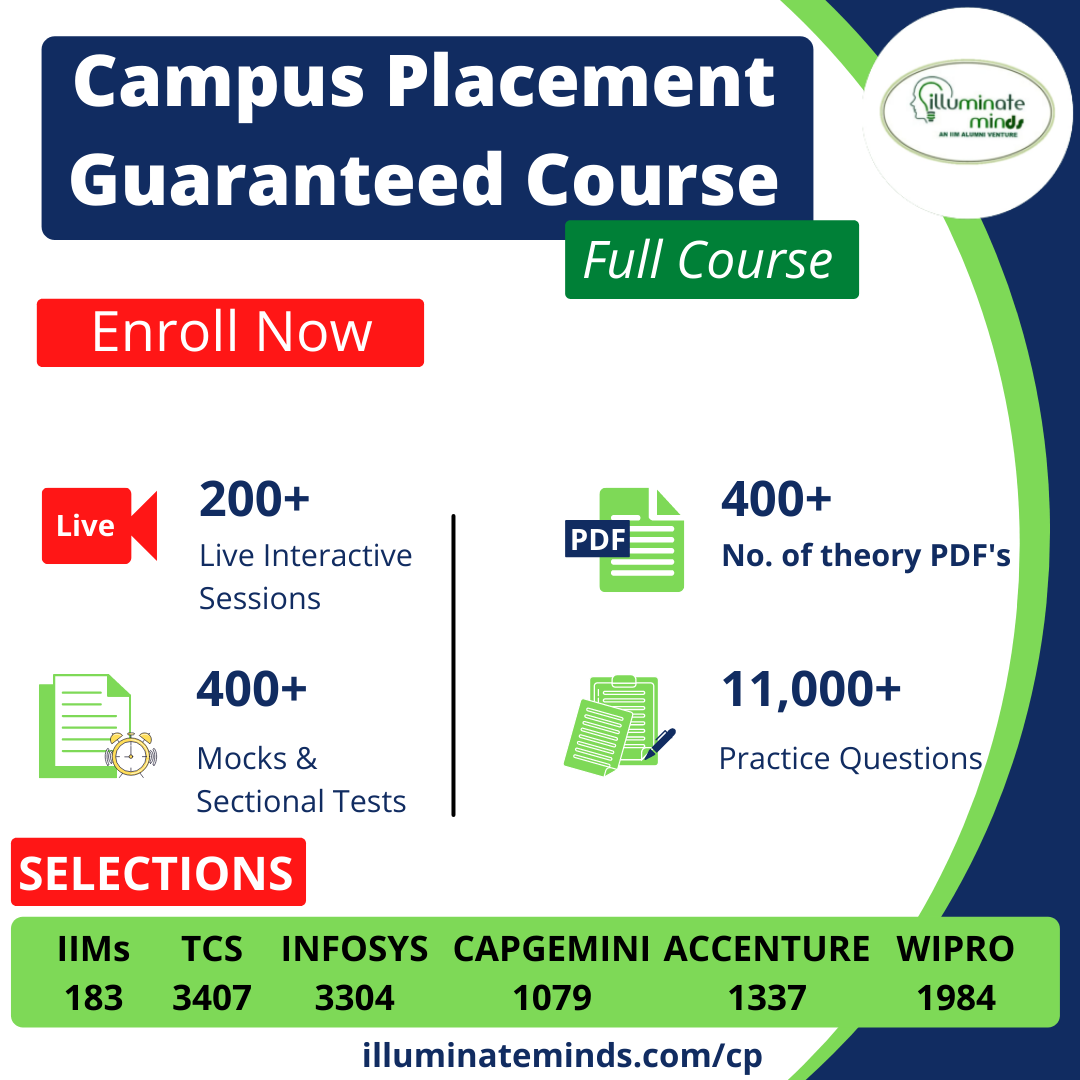Reading Comprehension Introduction
A? Step Beyond Reading the Reading Comprehensions
Once you’ve tackled the problem of actually READING the comprehension and getting a general idea of what you may be tested on, you need to be familiar with the kind of questions that may be asked. ?As far as I have studied, the past year papers mostly have had similar kinds of questions:.
1) Those that test you on your vocabulary i.e., the meanings of certain ?difficult?? words used in the passage. Dealing with such questions becomes easier if you have a habit of reading (yes, I know it?s annoying how much I stress on the word READ, but it is a necessary evil which will not only help you now, but is something without which you CANNOT survive in law school. So better develop this habit soon). Most of you will be familiar with words used in easy to moderately difficult RCs. While you may not know the EXACT meaning of a particular word, you may have a vague notion of what it means. So in such a situation, read the options and choose the one which seems familiar to your idea of what the meaning is. Sometimes, the people who set the paper can be devious. There may be two options very similar in meaning to the word in question, but alas! There is only one right option. So in such a scenario, what you do is locate the word in the passage and try to understand the CONTEXT in which it is used. This can be done by reading a couple of sentences before and after the infernal word. Contextually understanding the meaning of a word can also work in cases where you have no idea whatsoever of the meaning. This can end well in some cases. However, I would suggest that you either make a vocabulary list or find a moderate level one online and familiarize yourself with some words. You can also go through past year papers to try and figure out what level of ?toughness? is your vocabulary tested on and proceed accordingly.
2) Those that ask the meanings of certain common phrases (eg: as slippery as an eel, as tough as leather etc) or phrases that have been lifted out from the passage and you have to answer according to what you feel the author ?means? by it. For common phrases again, I would suggest that you familiarize yourself with a basic list of them. You could try figuring out their meaning according to the context or the way in which they have been used. This should not be too difficult.
Questions which make you think about what the author ?means? by it can be a bit tricky. For these you need to have read the RC carefully.
3) Those that question you on certain factual details of the RC. Again, reading it carefully should solve this problem.
4) Those that require you to analyze the RC and the author?s emotions/viewpoint/arguments. Eg: What would the author most likely agree/disagree with? Which of the following if true would strengthen or weaken the author?s argument? Also, remember to watch out for certain KEY words. These may be adjectives the author uses or certain tools like sarcasm or irony that he makes use of. For example: ?I abhor people who cut trees, trees are sacred entities and only capitalists intent on personal profits would be callous enough to shamelessly cut trees. Here the author probably agrees with the fact that capitalists have no respect for nature and that he dislikes them.
5) You will be asked to choose a ?conclusion? that you feel best fits the RC. For this again, you need to keep in mind that the conclusion should neither be too broad, i.e., deal with a matter that the RC only briefly touches upon or too narrow i.e., only one matter mentioned in the RC.
6) Questions that ask you to pick a title for the RC. Again, this should not be too broad or too narrow.
Also, always remember that if you ever get confused between two options, go back to whatever part of the passage deals with that question and read it again. Then read the question again, CAREFULLY along with ALL the options. You should probably find your answer this time around.
I may have missed out on a particular type of question, my apologies for that. RCs are probably half as annoying as I?m making them out to be, but it?s always good to be prepared for the worst (yes, I?m a sadist). And you will always gain from an intensive preparation, if not during the exam then maybe later. Most of all, you should learn to relax while dealing with an RC. Don?t worry too much about questions that seem tricky at first but can be easily solved if you have read the RC properly. Just go with the flow of the passage, read it carefully and deal with the questions one at a time. This should be one section that you should not spend too much time on, but an RC which has been attempted well can generally take your score a little higher since they comprise of a substantial percentage of the?paper.
So, good luck. Just keep reading and ENJOY what you read. The rest, as they say, ?will come naturally.?
Tips
Broaden your database
What section of the newspaper do you turn to while reading a newspaper?
Is it the sports section, the editorials, the celebrity column or some other section? I go with the sports section first. Why? Because I like to read news and reports about the sports events. Similarly, the section that you like to read the most if the one you are most comfortable with.
Do you ever get bored reading that section or do you ever have difficulty understanding what?s written in that section? The answer, of course, is no. (or else you would not read it)
Reading essays on topics which you understand and know about is very easy as compared to reading on alien topics. Hence, it is very important to develop a broad background of knowledge in various fields. Remember that essays from any field can come in Reading Comprehension questions.
How do I do this?
You can improve your knowledge base by reading books, newspapers, magazines, articles and periodicals regularly. Start taking interest in what is happening around the world. This would not only help you develop your reading skills but also help you during your Group Discussion and Personal Interview stage.
Understand structure of Paragraphs
Most often, the paragraphs used in Reading Comprehension passages are taken from books, articles or periodicals written by good writers. These writers generally have a well defined structure of constructing a paragraph. Their paragraphs will mostly have a proper beginning, middle part and an end section.
Knowing the functions of the respective parts can help you understand what the passage is trying to convey. For example, the first sentence will most probably be constructed in such a way that it gives the reader the main idea of what is to come in the passage.
Choose your Passages Carefully
How do I know if a passage is easy?
Keep two things in mind:
- a) Is the topic of the passage something you are familiar with?
- b) Are the question direct or twisted?
Solve passages having direct questions first. Its better if the passage is on a subject which you know about.
Avoid Long Passages with few Questions
In continuation with the point above, try to avoid long passages with a few questions. This will save a lot of time and you can concentrate on smaller passages with more questions.
However, you must remember that it is more likely that the long passages with few questions would be easier and may contain direct questions. In the end, you will have to choose your strategy carefully keeping in mind all the factors. But if you have an option, go for passages with more questions.
Focus on Comprehension, instead of speed
While reading speed is a key factor in saving time in CAT, it is not the most important criteria. One can read a passage very fast without really understanding what it is about. Hence, you need to make sure that you pay more attention to Reading Comprehension instead of Reading Speed.
You should be able to comprehend the passage fast. This will help you a lot in solving the questions. On the other hand, if you just read fast and do not comprehend properly, you may have to revert to the passage again and again.
Keep noting the main points
As long as possible, try to note down the main points of the passage while you are reading it. Most probably, you would be provided with some sheets of paper. Use them efficiently.
Noting down the main points would help you in case you forget something. This will prevent the unpleasant experience of searching for??that point I read somewhere?.
[WP-Coder id="1"]
Jobs By Batch
Jobs By Degree
Jobs By Branch
[WP-Coder id="1"]
Placement Updates |
[WP-Coder id="1"]
[WP-Coder id="1"]










